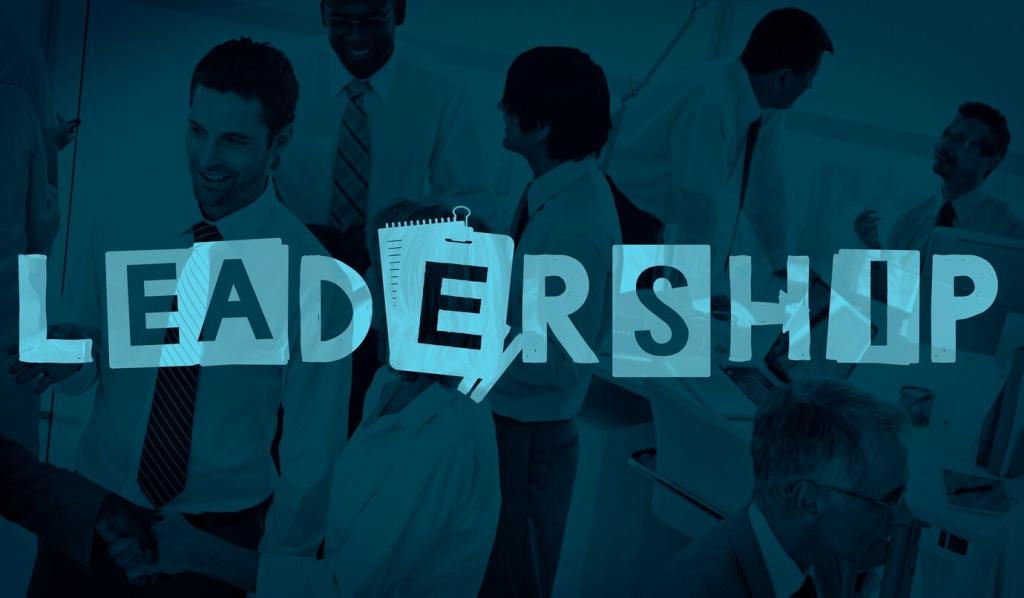
Developing Future Leaders Through Team-Building Exercises
Chosen theme: Developing Future Leaders Through Team-Building Exercises. Step into a space where shared challenges forge clarity, confidence, and trust—so emerging leaders can practice, stumble safely, and ultimately shine. Subscribe and join the conversation on what leadership your team needs next.
Why Team-Building Breeds Tomorrow’s Leaders
When a team faces a timed puzzle or resource constraint, individuals practice courage and composure. Those small, shared wins under pressure build grit, revealing who naturally steps up and how others rally around them.

Designing Exercises With Leadership Outcomes
List your target outcomes—vision setting, inclusive dialogue, conflict navigation, decision speed, and resilience. Select exercises that pressure these skills, ensuring every minute directly supports developing future leaders through team-building exercises with intentional practice.
Designing Exercises With Leadership Outcomes
Leaders grow in turbulence. Add purposeful constraints—limited information, shifting requirements, or time-boxed sprints—to simulate VUCA environments. Participants learn to pause, reframe, and reorient under stress, turning chaos into coordinated action rather than anxious noise.

Real-World Stories That Changed Teams
During a cross-functional offsite, a rope-bridge challenge stalled until the quiet analyst mapped weights on paper. The team adopted her plan, crossed confidently, and later promoted her to project lead. Courage often begins with a sketch and a voice.
Real-World Stories That Changed Teams
In a silent design sprint, teams could not speak for fifteen minutes. One introvert’s diagram aligned everyone instantly. The lesson was unmistakable: future leaders orchestrate clarity, not volume. Try a silent segment and tell us how your team responds.




Remote and Hybrid Team-Building for Leadership Growth
Run virtual scenario simulations with short, rotating decision-makers. Leaders practice concise framing, decisive calls, and clear follow-ups. Cameras on, chat for real-time risks, and a whiteboard for trade-offs—then debrief who made clarity contagious and why it mattered.
Remote and Hybrid Team-Building for Leadership Growth
Assign rotating roles—facilitator, skeptic, timekeeper, and synthesizer. Each role spotlights different leadership muscles. Share your best breakout prompts below, and subscribe to receive our rotating roles template you can use in your next meeting.
Measuring Impact and Sustaining Momentum
01
Use pre- and post-360 snapshots tied to targeted competencies, plus leading indicators like meeting quality or decision latency. Track stories of risk taken and lessons shared. Invite your team to co-own metrics to deepen accountability and learning.
02
Install weekly check-ins, plus/delta reflections, and rotating facilitators. Small, repeated acts hardwire leadership behaviors. Comment with one ritual you will try this week, and we will feature standout ideas in our next subscriber roundup.
03
Pair aspiring leaders as feedback buddies for real projects. Provide question prompts, observe meetings, and reset goals monthly. Sustained coaching turns workshop sparks into steady fire. Subscribe for our coaching prompts pack to keep progress visible and shared.
Starter Toolkit and Next Steps
Five Exercises to Run This Month
Try the Marshmallow Challenge, Blind Navigator, Decision Poker, Role-Rotation Sprint, and Value Mapping. Each targets clarity, empathy, judgment, and influence. Share your results and photos, and we will spotlight creative twists from our reader community.
Facilitator Guardrails That Protect Learning
Set purpose, timebox, and psychological safety ground rules. Normalize uncertainty, reward curiosity, and redirect blame into inquiry. Ask observers to capture choices and quotes. Comment for our one-page brief you can print before your next session.
Invite Your Team With Intent
Send a clear email: purpose, desired behaviors, and how success will look. Add a question-of-the-week to prime reflection. If you try our template, tell us what you changed and why—it helps everyone refine their approach together.
